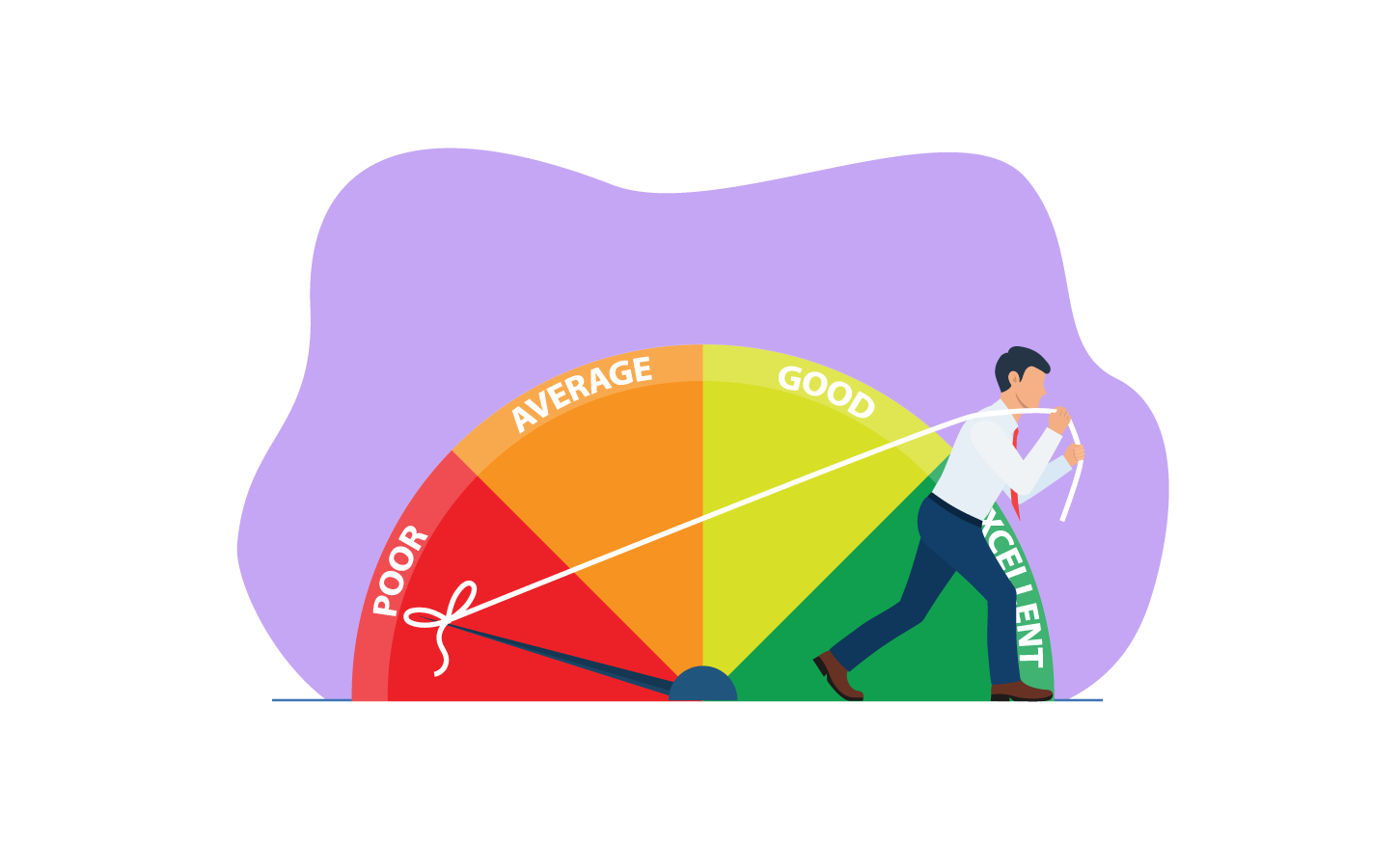To achieve financial freedom seems to be a life goal shared by many, though not many are able to achieve it. While money itself can’t bring you happiness, it can be an effective means to an end, enabling you to live the life you want.
While we aren’t going to promise you financial freedom just by reading this article, we’ve proposed 7 steps in which you can take to move you towards financial happiness.
- Learn to budget
Budgeting is probably one of the most basic yet effective way to help take control of your financial situation. Tracking your finances as a first step will give you a clear idea of how much you are spending per month and what you are spending on. The next step will involve figuring out how much you want to save per month before allocating the rest of the money to different categories of expenses. This would typically include fixed expenditures such as rent, payment of any outstanding debts, utility bills, telco bills before setting up your food and entertainment budget.
- Repay outstanding debts
Having an outstanding debt can hinder you from achieving financial happiness because the interests that you’d need to pay is always an additional cost to you. It is thus best that you make debt repayments a priority, and try to repay lump sums if there are no penalties involved. On the other hand, there are bad debts and good debts; the latter being those that help you build assets, like a study loan or home loan. While they may incur interests, they can potentially help increase your income in the long run, making them a worthwhile investment.
- Build an emergency fund
We can never foresee some of the curveballs life throws at us, so it’s always good to be prepared. Having an emergency fund can tide us through life’s emergency, such as a retrenchment, an accident that prevents us from working for a period of time, as well as having to pay a large medical bill. Aim to save up 6 months’ worth of expenses and ensure you do not make a withdrawal unless it is a real emergency!
- Plan, plan and plan!
Using our typical life cycle, we can anticipate some periods where we’ll need more money on hand. For instance, we can foresee that from our late twenties to mid-thirties, most people will likely spend money on their wedding, buy a home or plan for a baby. With these in mind, it’s wise to start saving in your early twenties so that you do not feel the financial strain when the time comes. The same goes for your retirement. Planning ahead is key to ensure you do not get caught out in a situation where you’ll need to compromise on your living standards to make ends meet. Seek a financial planner for help if you have no idea how to start planning.
- Own a property if you can
It’s not surprising to want to own a property when you are living in Singapore; after all, the government has made it a mandate to ensure housing here remains affordable. But in recent years, price of properties has been slowly climbing up, making it seem rather impossible for some people to own a home here. While being tied down to a mortgage loan for 3 decades may look daunting, trust that it will still be a smarter decision than to rent your whole life. In your elderly years, a home will be a valuable asset to you.
- Treat yourself from time to time
Being financially prudent does not mean you need to lead a miserly and miserable life. It’s good to treat yourself from time to time to motivate and remind yourself that you are on the right path to financially happiness. A good meal, short holiday or a relaxing spa treat can remind you of the good life you’d be able to enjoy if you plan your finances properly.
Achieving financial happiness does not require you to struck lottery or save 80% of your salary every month. Strive for a good balance, plan ahead, spend prudently and you’d be well on your way!
About the Author

Led by a team with invaluable expertise across Singapore’s licensed moneylending, banking, and finance industries, CompareSing provides users with a streamlined yet informative experience at every step of their loan journey.


















